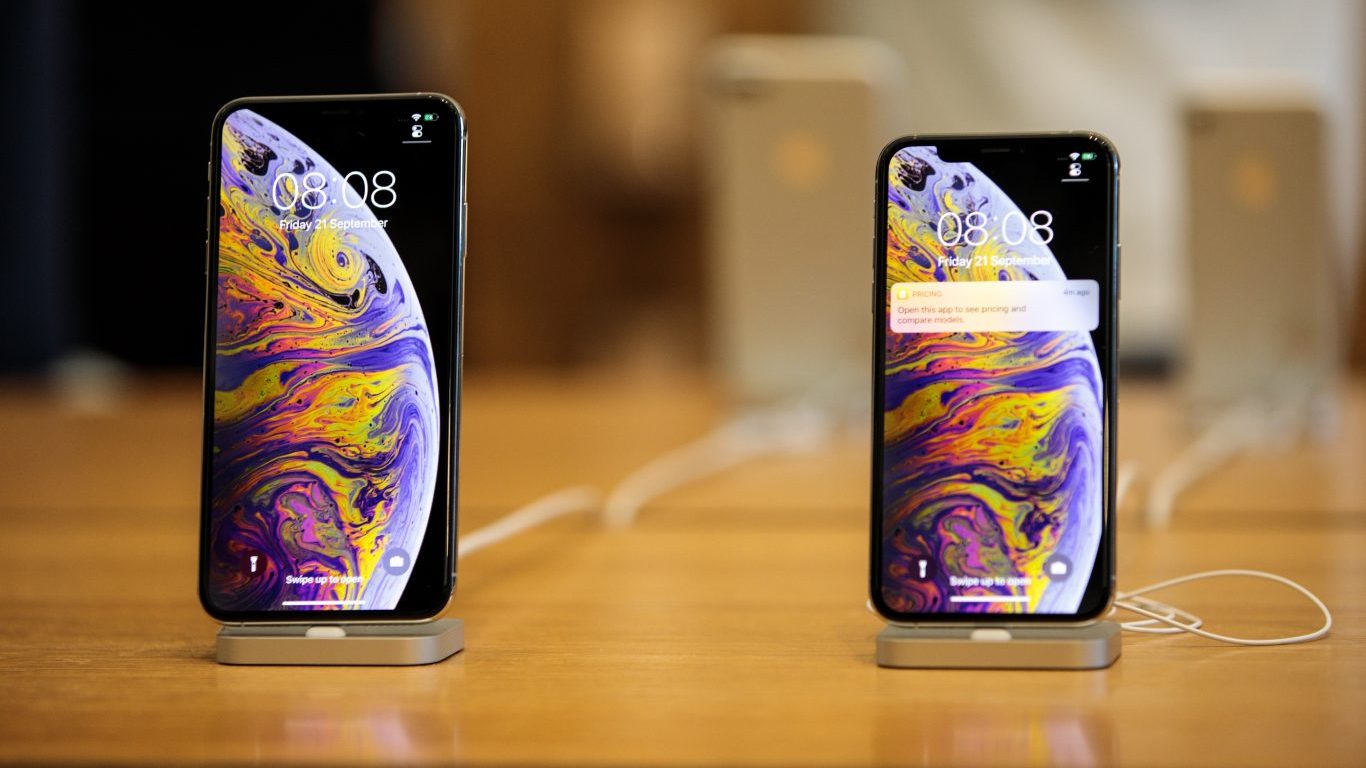Companies and Brands
Apple Ordered to Cease iPhone Sales in Germany

Published:
Last Updated:

A district court judge in Munich, Germany, this morning ordered Apple Inc. (NASDAQ: AAPL) to stop selling iPhones in Germany that infringe on patents claimed by Qualcomm Inc. (NASDAQ: QCOM). According to Qualcomm press release, the injunction applies to all iPhone models.
The injunction becomes effective as soon as Qualcomm posts required bonds, which the company said would be done within a few days. The bonds cover potential damages the injunction causes Apple if the court’s ruling is overturned or amended on appeal.
Apple already has said that it would appeal the German court’s ruling, but it has also withdrawn iPhone 7 and iPhone 8 models from its own retail stores in Germany. The phones are still sold at some 4,300 carrier and reseller stores in the country. The iPhone XS, XS Max and XR models still will be available at all stores, including Apple’s own.
At issue is battery efficiency technology that Qualcomm holds a patent on and that is being used in the modem chips from Intel that Apple uses in the latest iPhones. Rather than license the technology, Qualcomm tried to get Apple to use Qualcomm chips exclusively, according to report at AppleInsider.
Qualcomm’s general counsel said:
Two respected courts in two different jurisdictions just in the past two weeks have now confirmed the value of Qualcomm’s patents and declared Apple an infringer, ordering a ban on iPhones in the important markets of Germany and China.
Apple responded:
Qualcomm’s campaign is a desperate attempt to distract from the real issues between our companies. Their tactics, in the courts and in their everyday business, are harming innovation and harming consumers. Qualcomm insists on charging exorbitant fees based on work they didn’t do and they are being investigated by governments all around the world for their behavior. We are of course disappointed by this verdict and we plan to appeal.
Intel’s general counsel also commented:
Competition authorities around the world have repeatedly found Qualcomm’s licensing practices unlawful, yet Qualcomm continues to try to achieve the same results through a campaign of patent lawsuits. These lawsuits have been largely unsuccessful, and at best would reduce innovation and raise prices.
Since the dispute between Apple and Qualcomm first arose, Apple’s manufacturers have withheld around $7 billion in royalty payments to Qualcomm at Apple’s direction. A U.S. district court judge ruled in November that Qualcomm must license its technology to competitors like Intel.
The dispute officially turns two years old next month and a final settlement is not in sight.
Start by taking a quick retirement quiz from SmartAsset that will match you with up to 3 financial advisors that serve your area and beyond in 5 minutes, or less.
Each advisor has been vetted by SmartAsset and is held to a fiduciary standard to act in your best interests.
Here’s how it works:
1. Answer SmartAsset advisor match quiz
2. Review your pre-screened matches at your leisure. Check out the advisors’ profiles.
3. Speak with advisors at no cost to you. Have an introductory call on the phone or introduction in person and choose whom to work with in the future
Thank you for reading! Have some feedback for us?
Contact the 24/7 Wall St. editorial team.